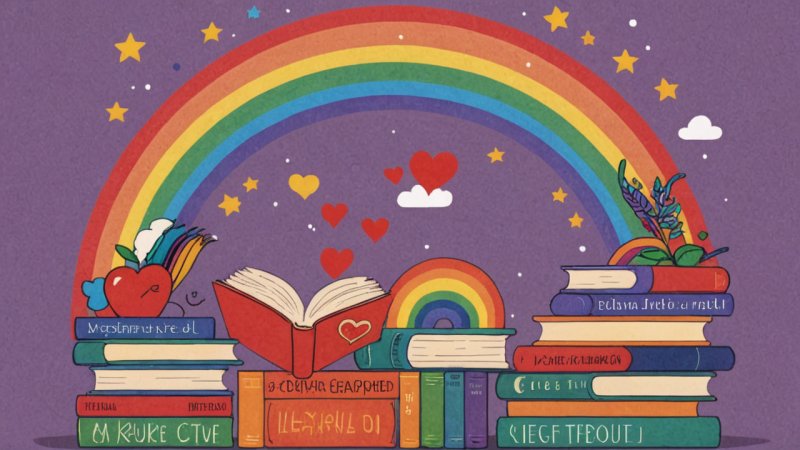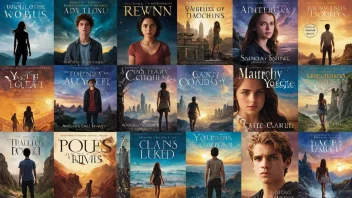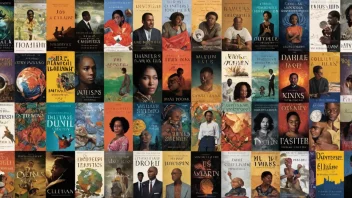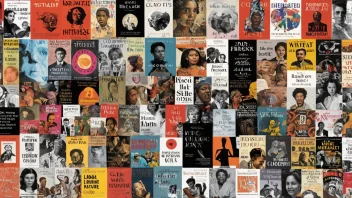Introduction
Literature has long served as a mirror reflecting the complexities of human experience, and LGBTQ+ narratives are an essential part of this discourse. Through varied genres and styles, authors have explored the joys, struggles, and realities of LGBTQ+ lives, enriching the literary landscape. Here are seven remarkable fictional works that provide profound insights into the LGBTQ+ experience.
1. Call Me by Your Name by André Aciman
This coming-of-age novel set in the 1980s Italy tells the story of a passionate summer romance between Elio, a 17-year-old, and Oliver, a visiting scholar. Aciman's lyrical prose beautifully captures the intensity of first love and the bittersweet nature of memory. Call Me by Your Name explores themes of desire, identity, and the fleeting nature of youth.
2. Fun Home by Alison Bechdel
Fun Home is a graphic memoir that intertwines the author's coming out story with the life of her father, a closeted gay man who ran a funeral home. Bechdel's innovative use of the graphic novel format allows for a deep exploration of gender identity, family dynamics, and the complexities of sexual orientation. This poignant narrative offers a unique perspective on understanding oneself through the lens of familial relationships.
3. The Song of Achilles by Madeline Miller
In this reimagining of the Trojan War, Miller tells the story of Achilles and Patroclus, infusing their relationship with depth and emotion. The novel beautifully blends Greek mythology with a tender love story, highlighting themes of honor, destiny, and the impact of love on one's identity. The Song of Achilles is a powerful testament to the enduring nature of love, regardless of societal boundaries.
4. Orlando by Virginia Woolf
Woolf's groundbreaking novel follows the life of Orlando, who experiences a miraculous transformation from male to female. Over the course of centuries, Orlando navigates different identities and societal expectations. This work challenges traditional gender norms and explores the fluidity of gender and sexuality, making it a seminal text in LGBTQ+ literature.
5. The Price of Salt (also known as Carol) by Patricia Highsmith
This novel centers on the relationship between Therese, a young aspiring photographer, and Carol, an older woman going through a difficult divorce. Set in the 1950s, Highsmith's story is notable for its happy ending, a rarity for LGBTQ+ literature of the time. The narrative examines themes of love, societal constraints, and personal freedom, illustrating the transformative power of love.
6. Giovanni's Room by James Baldwin
Baldwin's powerful novel presents the story of David, an American man living in Paris who grapples with his sexual identity and societal expectations. His passionate affair with Giovanni forces David to confront his fears and prejudices. Giovanni's Room is a profound exploration of love, guilt, and the quest for authenticity in a world that often imposes rigid norms.
7. Simon vs. the Homo Sapiens Agenda by Becky Albertalli
This young adult novel follows Simon Spier, a 16-year-old who is not yet openly gay. When an email falls into the wrong hands, Simon must navigate the complexities of coming out while protecting his privacy. Albertalli's charming narrative combines humor with the challenges of adolescence, making it a relatable and heartwarming read for both teens and adults alike.
Conclusion
The fictional representations of the LGBTQ+ experience offer valuable insights into the diverse and multifaceted nature of identity. From historical narratives to contemporary tales, these works contribute to a deeper understanding of love, acceptance, and the human condition. Each of these books invites readers to explore the richness of LGBTQ+ stories and encourages empathy and connection through the power of literature.






